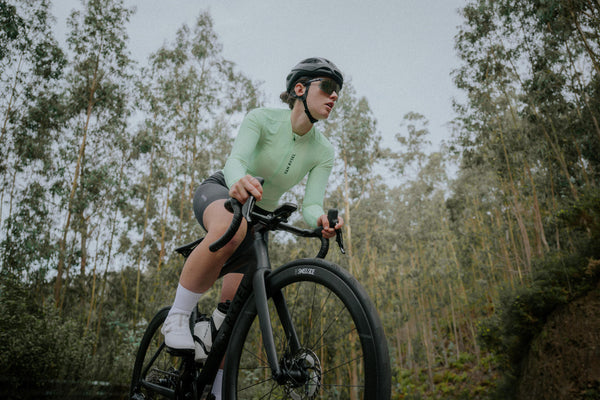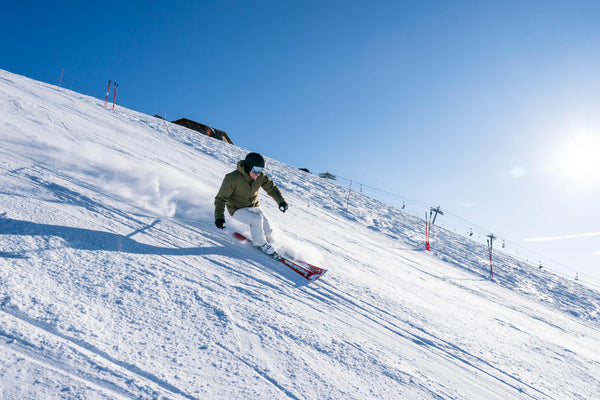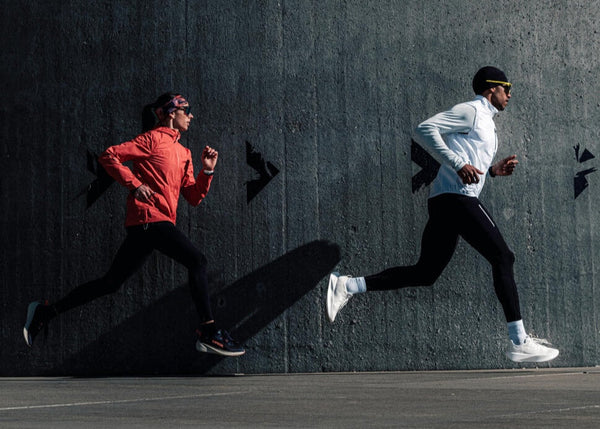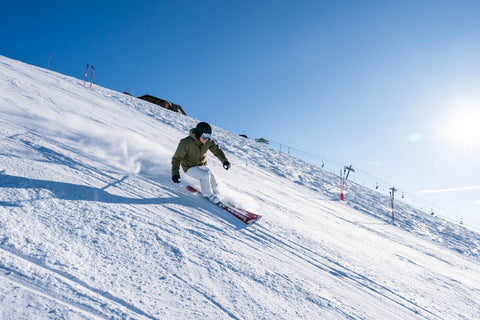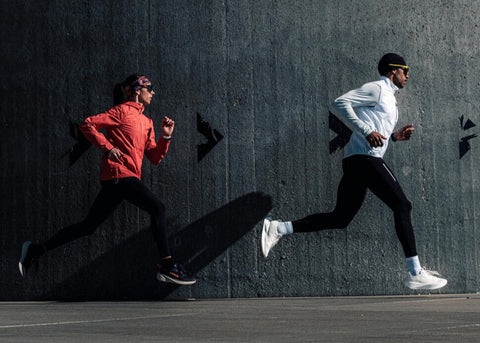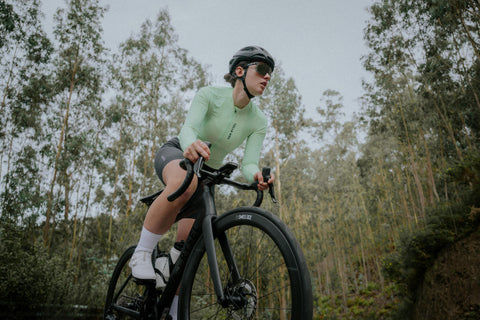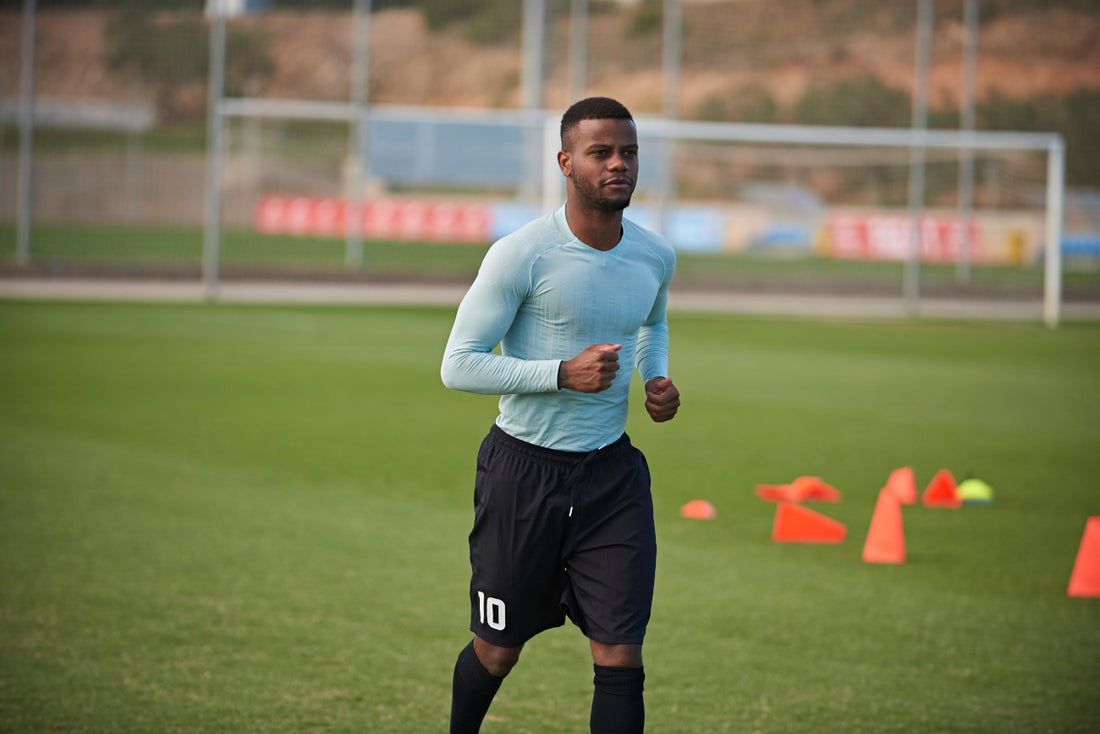Protect one's own defense, carry out the team's game plan, dictate the game's tempo, etc. The central defender's job has many facets. A brief summary of the qualities required of a good number 6.
Vision - survey the scene
The most important skill to hone: vision. “Head up!” is one of the most frequently heard exhortations that you'll hear at the club's training sessions, and for good reason - it rarely comes naturally. Very often, you feel the need to look at the ball, as if to reassure yourself that it's still at your feet, etc.
There's only one solution: keep training, practicing, until you no longer have the desire to look at your feet. Slowly but surely you'll find it works and, when it does, you'll wonder why you didn't do it before!
The result of this change in your habits is simple, but very effective: the scope of your possibilities for action is widened considerably, which means you get one step ahead of your opponents.
Develop the Busquets technique
Busquet has a quite exceptional technique, based around simplicity, clarity and effectiveness. You will rarely see him do something imprecise or in a hurry, and when you do it is to get his team out of a delicate situation. All his passes are accurate and successful, whether it's just 5 yards or a fully cross-field 50 yards.
So simplify your game as much as possible and concentrate on the basics:
> Touching the ball as little as possible
> Making passes and then taking up a position offering a solution to my teammate
> Favor playing in triangles, with calls and counter calls
Managing effort down to the final meter
One thing is certain, as a midfielder, you'll be doing a lot of running! But if, after 20 mins, you are exhausted, the rest of the match will be very difficult.
Thus, everything plays out in the head. You'll need to learn to sprint, engage in determined contact with your opponent, then to trot or even walk at the right moment.
In addition, avoid getting drawn into all areas of the field, although you will sometimes need to cover for team-mates who have moved up into attack or been drawn out of position. Your number 1 action area is the space between the two penalty areas.
Bonus: positioning
Let's end with a little bonus: positioning. If you possess good vision and have an impeccable technique, you will find yourself in the optimum place on the field most times quite naturally. And this will be extremely useful in all situations:
> IN DEFENSE where you will be able to block opponents' passes coming from all angles
> IN ATTACK in order to shake off your marker and offer possibilities for your teammates' passes
I even feel like saying that, if you are not the greatest at managing your physical exertions, it's in your interests to know where to position yourself to minimize the intensity and/or repetition of such exertions.


